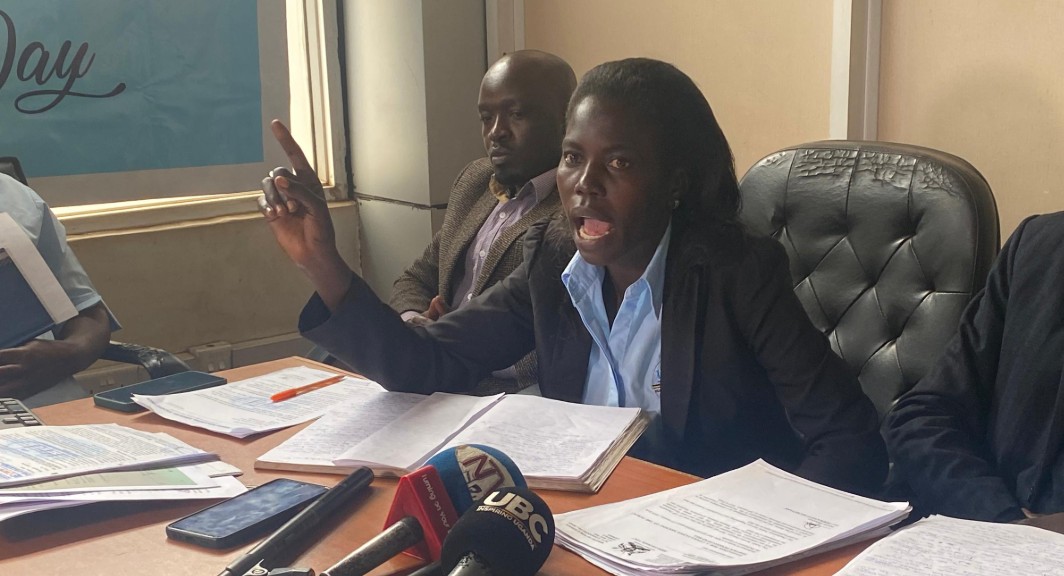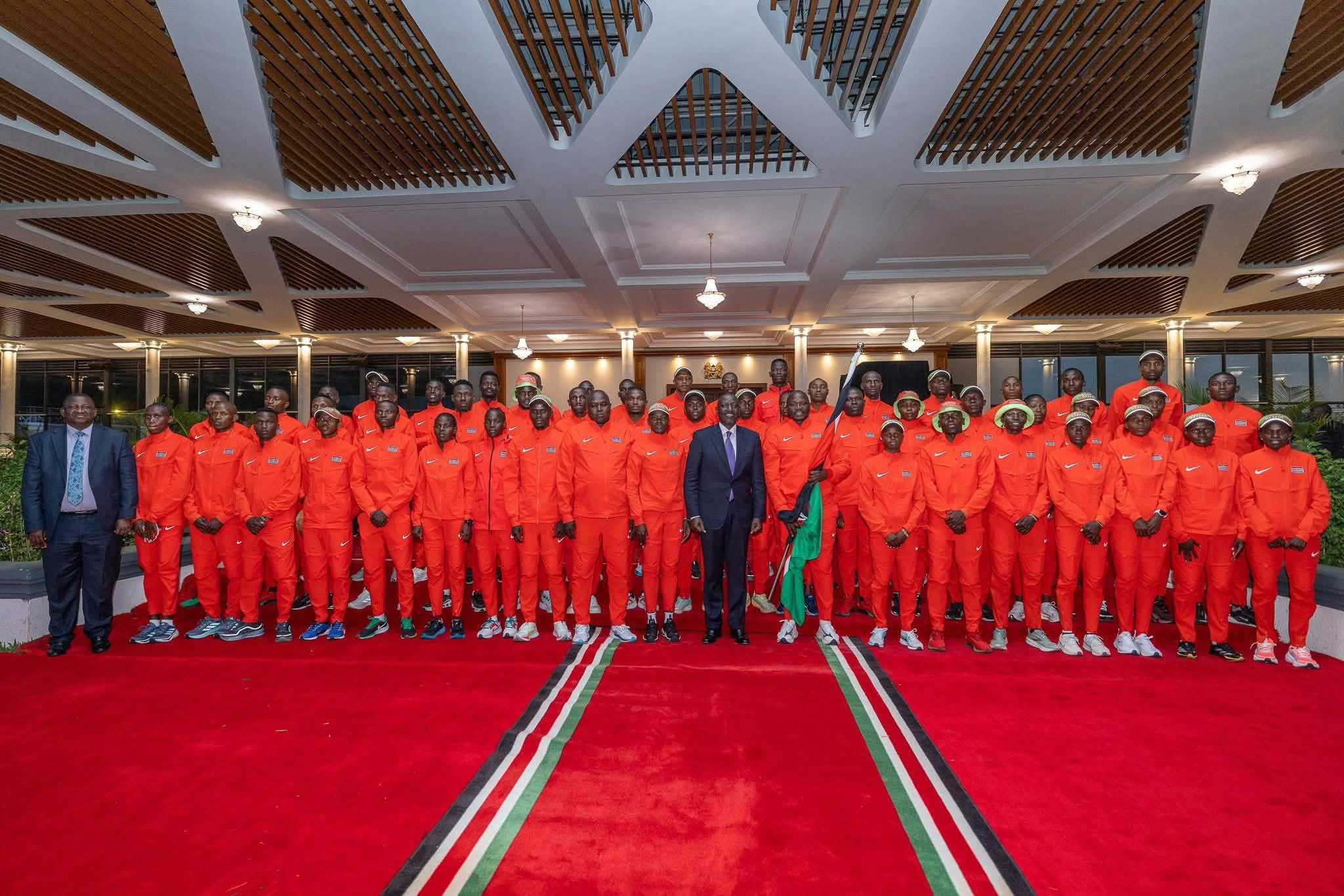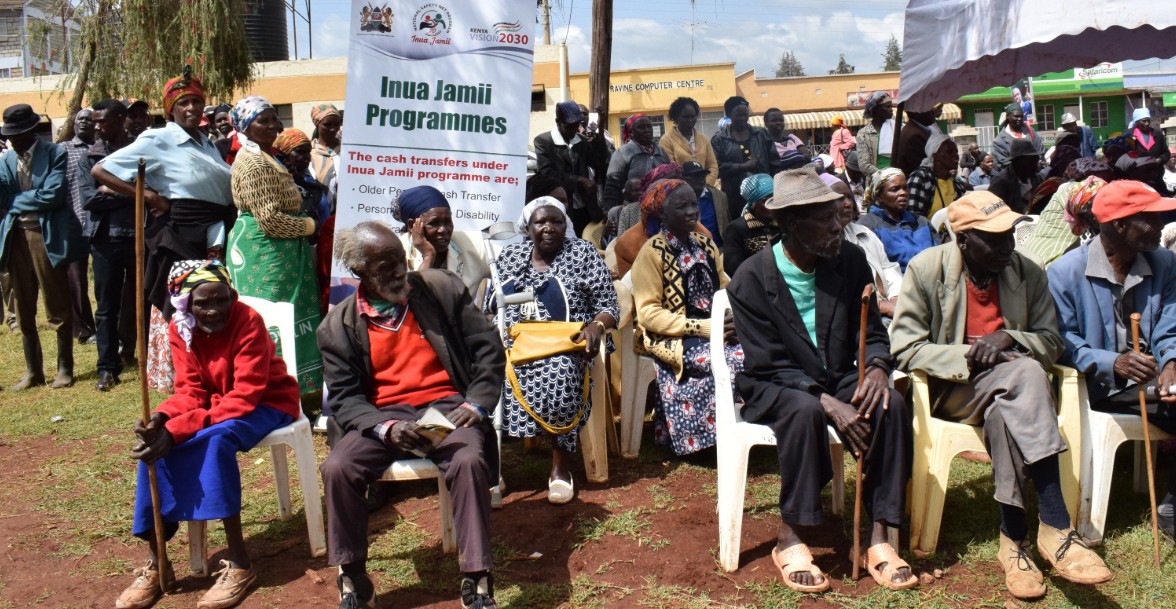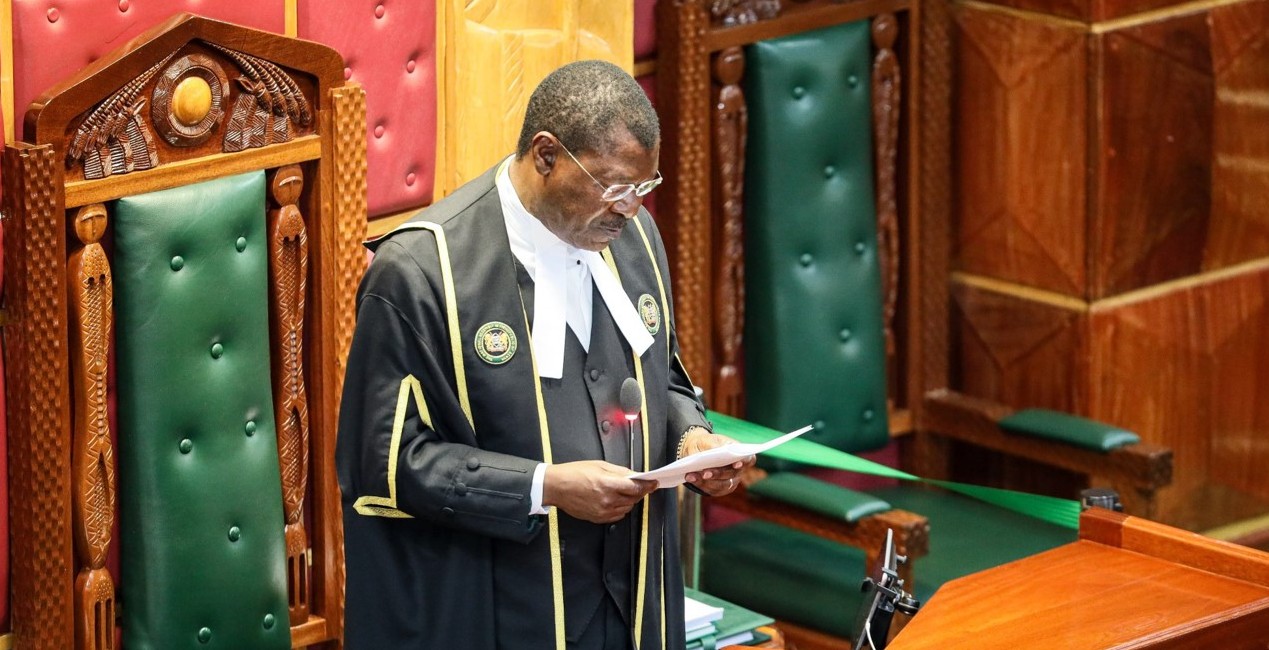Uganda’s humanities teachers strike, demand equal pay with science colleagues

The teachers are demanding salary harmonisation, citing discrimination in the government's decision to raise science teachers' pay while leaving arts teachers behind, despite them having similar qualifications and job descriptions.
Over 10,000 humanities teachers across Uganda have downed their tools in protest over unequal pay, demanding similar salaries to their science counterparts in government schools.
The strike, which commenced on Tuesday, is spearheaded by the Uganda Professional Humanities Teachers Union (UPHTU). It will affect all government schools in Uganda, 23 primary teachers' colleges, five national teachers' colleges and Ugandan colleges of commerce.
More To Read
- Uganda defends troop deployment to South Sudan
- Study: Over 130,000 Ugandan civil servants 'bought' jobs
- Kenya trails Uganda and Tanzania in attracting industrial investment - report
- Besigye snubs treason trial, demands Judge’s removal
- Over 9,000 new pest species threaten Uganda’s food security, study warns
- Uganda confirms deal to accept migrants deported from US
The teachers are demanding salary harmonisation, citing discrimination in the government's decision to raise science teachers' pay while leaving arts teachers behind, despite them having similar qualifications and job descriptions.
"We won't return to class until our concerns are resolved," UPHTU's National Chairperson Teopista Akell said in a statement, further describing the disparities as unfair and demoralising.
The union said it had given the government a 90-day notice to address their grievances, but with no response by the June 7 deadline, teachers were instructed to begin industrial action.
According to Godfrey Osenda, National Chairperson of the Uganda Professional Humanities Sacco, over 10,000 of the estimated 17,000 humanities teachers in government institutions have joined the strike.
"We've directed all humanities teachers in government schools to boycott classes until further notice," Osenda said, challenging the government's claim that financial constraints have hindered salary increases.
The Union says that the government communicated that their salaries would not be enhanced this year, but rather in the 2026/2027 financial year, due to a lack of funds.
Further, Osenda argued that with Uganda's economy now valued at USh226 trillion annually, resources should be available to meet teachers' demands.
Frustration has been mounting since 2022, when the government first promised to review humanities teachers' pay.
The teachers say that despite multiple assurances, no concrete action has been taken, and expectations for inclusion in the next national budget remain uncertain.
"In 2024/25, they had slotted USh499 billion. Where did that money go? This current financial year, according to the Ministry of Education and Sports, they were supposed to allocate USh800 billion, which is little money for this government," Akell said in a televised interview last week.
"We are all children and citizens of Uganda, so we are calling on the government to, for once, try not to break their agreements, which we have on paper."
Top Stories Today
Reader Comments
Trending












































